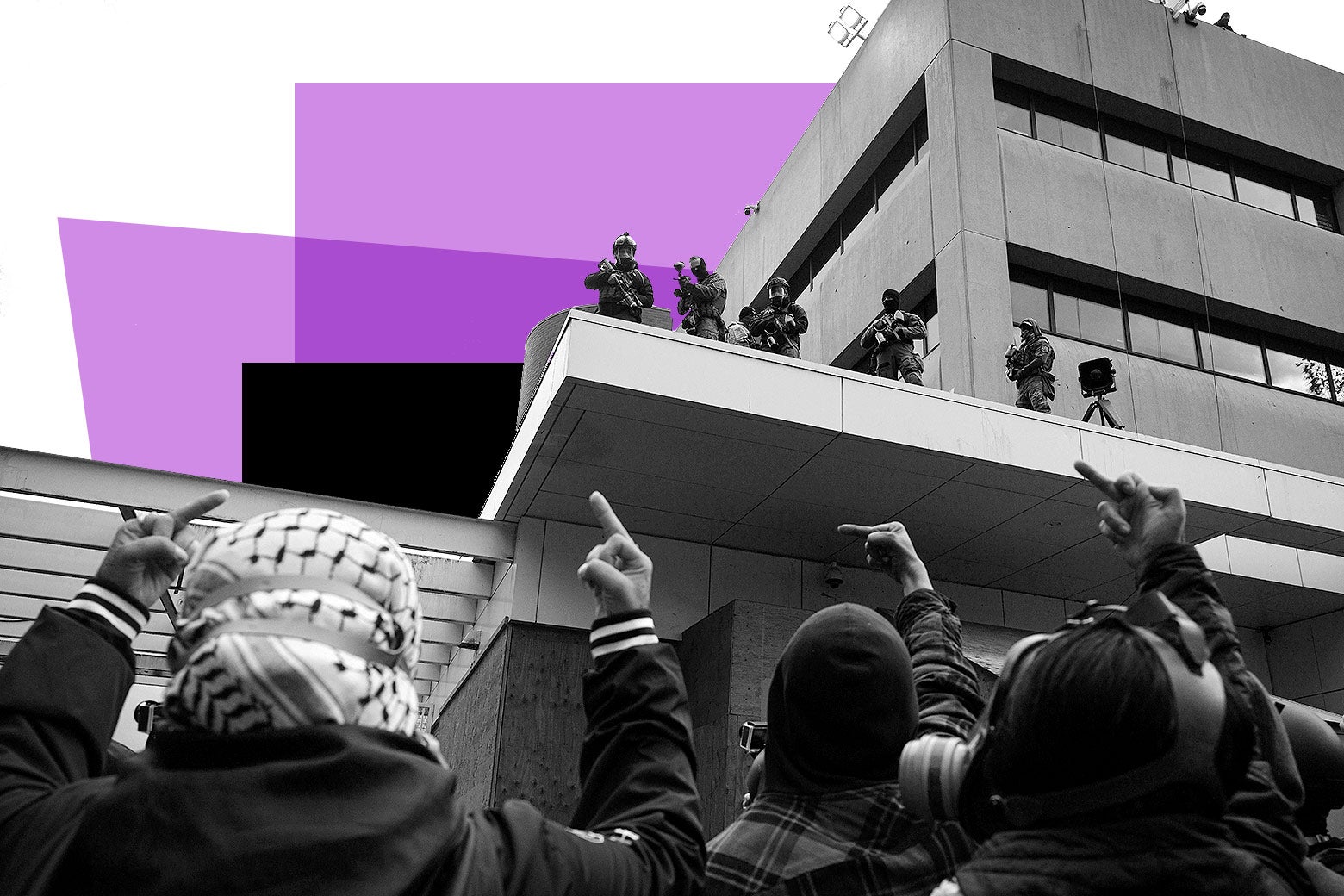
"As the United States stumbles ever closer to a moment in which soldiers perform military operations on U.S. streets, the question that becomes more salient by the hour is whether and how a military order is considered lawful, what to do when an order from the commander in chief conflicts directly with the Constitution, and to whom one might turn if one sought clarification on such matters."
"On this week's episode of Amicus, Dahlia Lithwick spoke to two longtime experts on military law who are raising the alarm about the dangers that lie ahead. Gen. Steven J. Lepper is a retired Air Force judge advocate. He served for 25 years in the United States Air Force. Eugene R. Fidell teaches military justice at Yale Law School and is counsel at the Washington firm Feldesman LLP. Their conversation, excerpted below, had been edited and condensed for clarity."
"You wrote last week that "at no time since 1860 have military leaders confronted such a grave challenge to their oath to support and defend the Constitution." Am I right that the challenge lies in this tension: Regardless of who the commander in chief is, and what he or she demands, in the military you have an independent obligation to seek to clarify the law, to seek guidance on the law, and to speak up?"
The United States is approaching a point where soldiers may conduct military operations on domestic streets, raising urgent questions about the lawfulness of military orders and responses when presidential commands conflict with the Constitution. Military personnel carry an independent obligation to understand, clarify, and seek guidance on applicable law and to speak up when orders may be unlawful. Failure of military institutions to advise members of this duty constitutes a crisis. Longstanding military law expertise emphasizes the gravity of the challenge, noting its rarity since 1860 and the importance of judge advocates and legal advisors in guiding commanders and service members.
Read at Slate Magazine
Unable to calculate read time
Collection
[
|
...
]